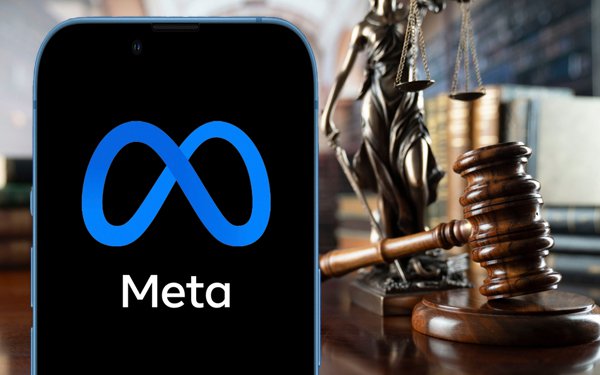
Meta Platforms is seeking to set aside finding
that it violated a California wiretap law by collecting sensitive data about users of the menstrual tracking app Flo.
The evidence presented at trial "does not fit plaintiffs'
legal claim," Meta writes in a motion urging U.S. District Court Judge James Donato to reverse the verdict or, alternatively, order a new trial.
The verdict, handed down by a jury earlier this month after a seven-day trial, came in a
2021 class-action complaint by Erica Frasco and other Flo users against Flo Health, Google, Meta and other companies. The complaint alleged that Flo shared users' data with Google, Meta and others via
software development kits embedded in the app.
advertisement
advertisement
Google, Flo Health and others settled the claims, leaving Meta as the sole defendant at trial. The users contended that Meta
harnessed data from Flo for ad targeting.
The jury specifically found that Flo users proved Meta "intentionally eavesdropped on and/or recorded their conversations," in
violation of a California wiretap law prohibiting anyone from recording confidential electronic communications without all parties' consent.
Meta disputes that conclusion,
arguing that it isn't legally responsible under the wiretap law for an app developer's transmission of data.
"Whether Flo’s decision to create and send certain data to
Meta is actionable under other laws, it is not 'eavesdropping' or 'recording' -- and certainly not by Meta," the company argues in its new motion.
Meta also contends the
plaintiffs consented to the data collection by agreeing to Facebook's terms of service.
"Meta's policies clearly and broadly disclosed that Meta could receive data from
third-party apps reflecting users’ activity on those apps -- and use that data for advertising," the company writes.
The tech platform makes several other arguments
centered on definitions of the language in the wiretap law. For instance, Meta says the law only prohibits eavesdropping on "confidential" communications, and argues that Flo
users' interactions with the app were not confidential because they should have "reasonably expected" that the conversations could be recorded or overheard.
"Because plaintiffs
reasonably expected that (at least) Flo was recording their responses in the app, their communications are not 'confidential,'" as that term is defined in the wiretap law, Meta contends.
Attorneys for the plaintiffs are expected to respond to the filing later this month.
Frasco and the others sued soon after the Federal Trade Commission accused
Flo of wrongly sharing pseudonymized data about consumers -- including their pregnancies -- with Meta, Google and other analytics companies. Though the data wasn't explicitly tied to users' names or
addresses, it was connected to an “ad identifier,” according to the FTC.
Flo stopped sharing that data in early 2019, and settled with the FTC in 2021. The
settlement agreement required Flo to notify customers about the prior data sharing, and obtain people's permission before sharing their health information in the future.